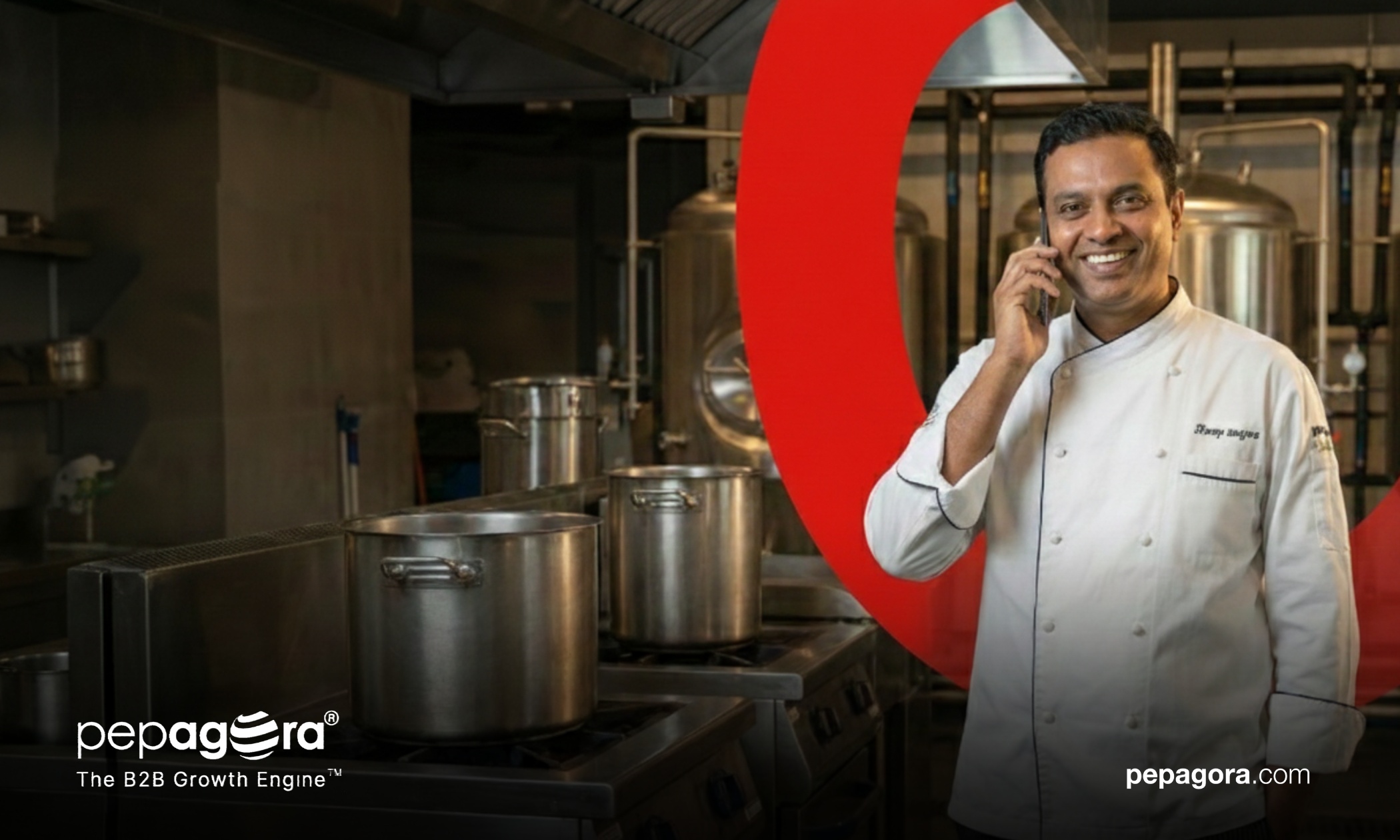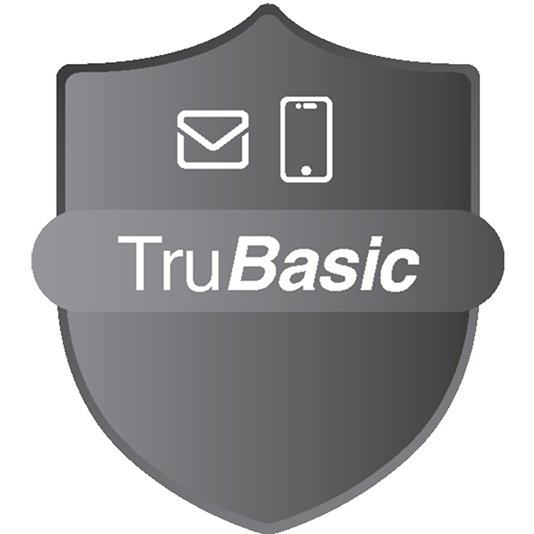
Must-Know Tools Transforming the Food & Beverage Industry
Reshaping Food with Smart Hardware
- ✓ Smarter Automation reduces human error, ensuring speed, consistency, and hygiene in production.
- ✓ Modern Processing includes tools like HPP and Sous-Vide to extend shelf life and maintain consistent quality globally.
- ✓ IoT Cold Chain solutions (like IoT Refrigerators and Temperature Sensors) track conditions in real-time, drastically reducing spoilage.
- ✓ Advanced Packaging innovations (e.g., MAP and Laser Coding) prioritize sustainability, protection, and product appeal.
- ✓ Enhanced Hygiene Tools like UV Sterilizers and CIP Systems are non-negotiable for meeting global food safety standards.






Join Pepagora and get verified
A verified profile helps customers trust you faster and improves visibility.
Get StartedTechnology is changing everything including the way we cook, store, and serve food. The food and beverages (F&B) industry, once powered mainly by manual work and traditional techniques, is now moving toward smart, automated, and efficient solutions.
Today, even small food businesses can use high-tech tools that were once available only in large factories. And thanks to modern sourcing platforms like Pepagora AI B2B Marketplace, companies can easily find reliable suppliers and upgrade their operations without hassle.
Let’s explore how new tools and hardware are reshaping the F&B industry.
1. Smarter Automation for Food Production
Automation helps food factories work faster, cleaner, and more consistently. These tools reduce human error and ensure hygiene at every step.
What’s transforming production?
Automated Mixers & Blenders: Mix ingredients with perfect precision every time.
Robotic Handling Arms: Cut, sort, and pack food with zero contamination.
Smart Conveyors: Use sensors to monitor movement and reduce waste.
AI Quality Checkers: Spot defects instantly using cameras and AI.
Automation helps businesses increase output while maintaining top-quality standards.
2. Modern Cooking & Processing Equipment
New-age cooking tools make food preparation faster, safer, and more consistent across all locations.
Popular choices today:
Induction Steam Ovens for precise cooking
High-Pressure Processing (HPP) to extend shelf life naturally
Vacuum Sealers & Sous-Vide Machines for fresh, nutrient-rich meals
Smart Grills & Fryers that adjust heat automatically
These innovations allow F&B brands to maintain consistent taste and quality globally.
3. Better Cold Chain & Temperature Control
Temperature plays a vital role in food safety. Modern cold chain solutions help businesses store and transport food without compromising quality.
Key technologies include:
IoT Refrigerators: Track temperature and humidity in real time
Blast Freezers: Lock in freshness quickly
Temperature Sensors: Ensure safe transportation
Smart Cold Rooms: Predict maintenance needs before breakdowns
These systems reduce spoilage, save money, and ensure customer safety.
4. Smarter Packaging & Labeling
Packaging is no longer just a wrapper. It’s a combination of protection, branding, and sustainability.
New packaging innovations:
Automated Filling Machines for accurate portions
Laser Coding Systems for clean printing without ink
Eco-Friendly Packaging Machines for biodegradable materials
Modified Atmosphere Packaging (MAP) to extend shelf life
Smart packaging helps food businesses reduce waste and improve product appeal.
5. Enhanced Hygiene & Safety Tools
Food safety is non-negotiable. Modern hygiene tools ensure every product meets global standards.
Essential tools include:
UV Sterilizers for clean surfaces
CIP Systems that clean tanks and pipes automatically
Contamination Sensors that detect impurities instantly
Air Filtration Units for dust-free processing environments
These tools protect both the brand and the consumer.
6. Tools That Support Sustainability
Eco-friendly technology is now a business necessity — not just a trend.
Green innovations:
Energy-Saving Ovens & Dishwashers
Water Recycling Systems
Solar-Powered Processing Units
Smart Energy Monitoring Tools
Sustainable equipment lowers operating costs and boosts brand reputation.
How Pepagora Supports the F&B Industry
To make sourcing easier, Pepagora Marketplace connects businesses with trusted suppliers from around the world. Its AI-driven matching system helps companies find the right tools from mixers to packaging machines quickly and confidently.
To ensure safety and transparency, businesses can also verify suppliers using Pepagora Authenticate before making a purchase.
Pepagora’s intelligent platform saves time, reduces risk, and supports companies in making smarter decisions for long-term growth. If you need more about this check Pepagora blog section.
The Closing Thoughts:
From smart mixers to robotic packaging systems, the tools and hardware driving the food & beverages industry are nothing short of revolutionary. They’re making kitchens smarter, factories cleaner, and products safer all while shaping a more sustainable and efficient future.
In a world where innovation meets taste, one thing is clear the future of food is being built not just by chefs and manufacturers, but by engineers and innovators armed with cutting-edge tools.
FAQ
How Tools & Hardware Transforming the Food & Beverages Industry
Quick answers on automation, temperature control, packaging innovation, and sustainability tools in F&B.
Game-changing tools are modern machines, technologies, and smart systems that improve how food is produced, processed, packaged, and stored. These tools help businesses work faster, maintain quality, and reduce waste.
Automation makes food production quicker and more consistent. Machines like robotic arms, automated mixers, and AI quality checkers reduce human error, improve hygiene, and increase overall efficiency.
Temperature control tools like IoT refrigerators, blast freezers, and smart sensors help keep food fresh and safe during storage and transportation. They prevent spoilage and ensure products stay within food safety standards.
New packaging tools such as automated filling machines, laser coding systems, and eco-friendly packaging solutions help protect food, extend shelf life, reduce waste, and meet consumer expectations for sustainability.
Sustainable tools like energy-efficient ovens, water recycling systems, and solar-powered units help businesses reduce costs and lower environmental impact. These tools support responsible food production and appeal to eco-conscious consumers.
Pepagora Community Writer
Paritosh Eknathji Sontakke is a digital marketer who understands the tools and hardware used in the food and beverages industry. He knows how the right technology can help businesses work better and grow.
Using this knowledge, he creates smart and effective digital marketing plans that support MSMEs and global brands. His goal is to help businesses improve their online presence, reach the right customers, and succeed in the digital world.



